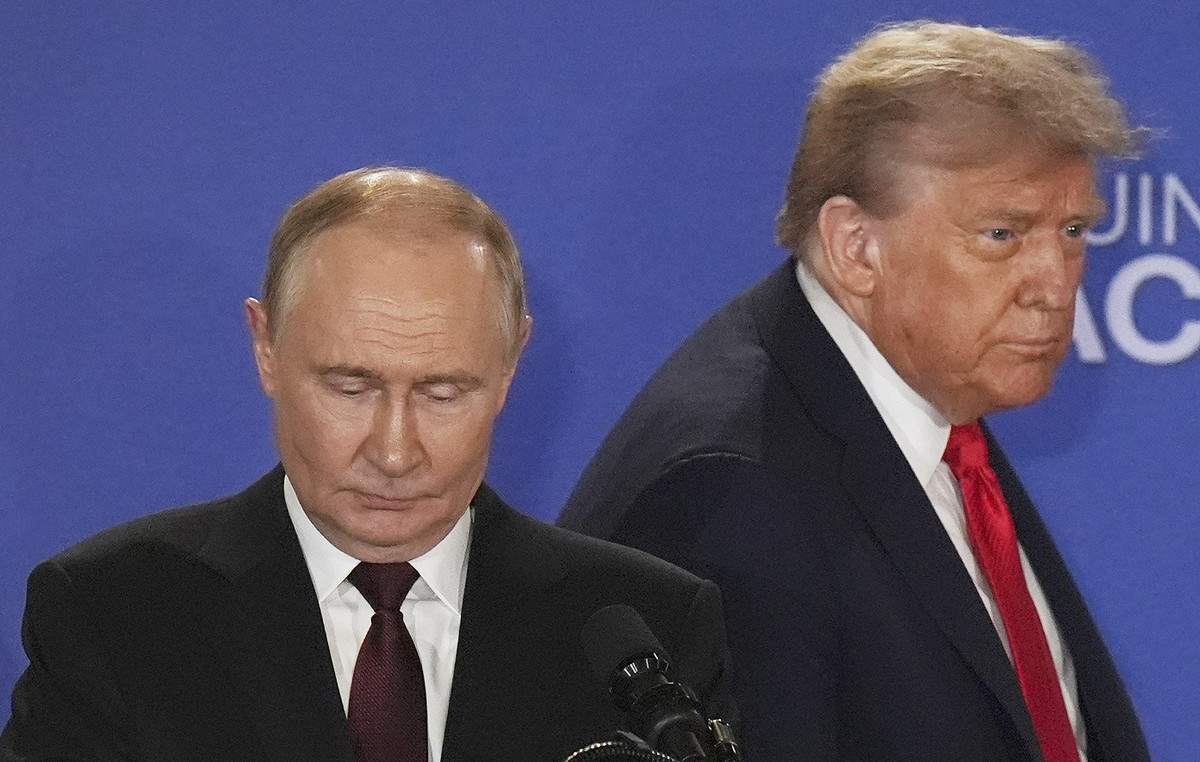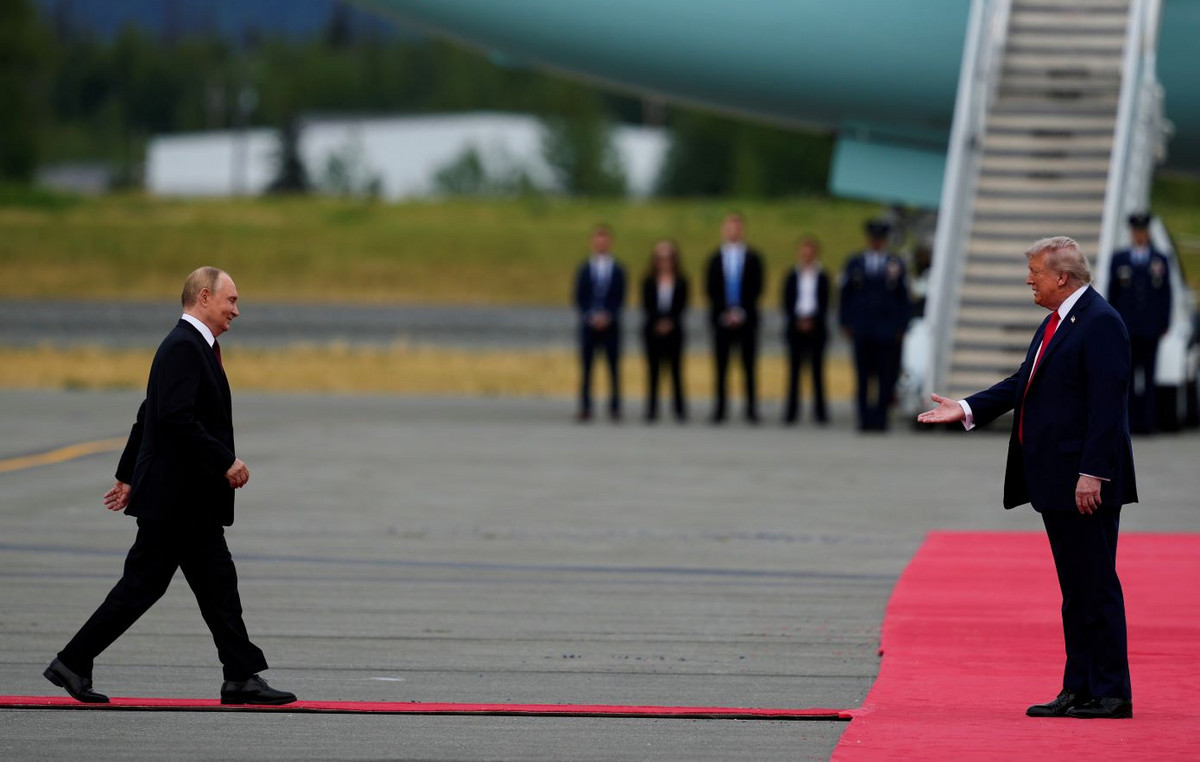Her Eleftherias Kourtali
While until recently the main scenario of the big investment houses was that there would be a diplomatic solution to the Ukrainian issue, the latest developments place the conflict in Ukraine as one of the big and possible risks this time. So Capital Economics, Goldman Sachs, Deutsche Bank and Morgan Stanley are examining the impact on markets of a war in Ukraine and “measuring” the size of the sell-off.
The economic and market consequences of a war between Russia and Ukraine will depend on the severity of the conflict and the West’s response. Capital Economics. But in most cases the economic impact in countries beyond Russia and Ukraine is likely to be limited. The most important consequence is likely to be that it will increase inflationary pressures this year.
According to Capital Economics estimates, the sanctions under discussion could hit around 1% of Russia’s GDP. This could rise to 5% if tougher sanctions are imposed (such as excluding Russia from the SWIFT payment system). The impact on other economies will be realized through four channels: trade, financial ties, the impact on confidence and the impact on commodity prices.
In all cases, the eurozone is more exposed than the US and other advanced economies, the house said, but even there the economic impact is likely to be small. Among Europe’s largest economies, Germany has the closest trade ties with Russia, but accounts for only 2% of Germany’s exports. Economic ties have also eased as eurozone banks cut their exposure to Russia after the Crimean crisis in 2014 and are now very small. And while it is likely that business and consumer confidence could be shaken, the crisis will have to escalate significantly to shift the impact to the macroeconomic front.
According to Capital Economics, the biggest impact is likely to be on commodity prices. In the worst case scenario, he estimates that oil prices could rise to $ 120-140 a barrel. European gas prices are also likely to rise further. If that were the case, you would add about 2% to the measured inflation in advanced economies this year, with Europe being hit particularly hard. Under normal circumstances, central banks tended to look at rising energy inflation, but given the current high inflation rates and the corresponding concerns that fuel expectations for even higher inflation, this is likely to be added to the list of reasons for policymakers. policy to raise interest rates.
According to Goldman Sachs, “Absolute conflict” in Ukraine combined with “punitive sanctions” could push US stocks up 6%, with the worst losses in Europe and Japan at 9.3% and 8.6% respectively .
Although Russia / Ukraine tensions appeared to affect mainly local assets in January, the transmission to global assets was much more pronounced in February, according to the US Bank. “In combination with sanctions, the political risk premium will increase greatly,” he said.
In Goldman’s worst-case scenario, the fall for European and Japanese stocks will be around 9%, the tech Nasdaq at 10% and the S&P 500 at 6.2%, while the euro will fall by 2% against the dollar. On the contrary, according to a “de-escalation scenario”, US stocks and the S&P index will rise by about 6%, European stocks will rally by 8.4%, Japanese stocks by 7.7% and the Nasdaq by 8.6%. , while bond yields will skyrocket (by 25% in 10-year US).
Goldman forecasts are close to that of Deutsche Bank, which in a new report notes that the typical geopolitical sell-offs in the S&P 500 index are about 6% to 8% on average. It takes about three weeks for stocks to reach these levels and another three to recover to pre-geopolitical levels, he said.
If the Russia / Ukraine situation escalates, a rapid 5% rally in the US stock market is possible, according to the Morgan Stanley. While uncertainty remains high, much of the negative news about the military confrontation has been assessed at current market levels, he notes, adding that fundamentals will be the “drivers” of the markets in the near future rather than the Fed raising interest rates. Investors must decide whether the risk off is due to the slowdown in growth or the tension in Ukraine.
Source: Capital
I am Sophia william, author of World Stock Market. I have a degree in journalism from the University of Missouri and I have worked as a reporter for several news websites. I have a passion for writing and informing people about the latest news and events happening in the world. I strive to be accurate and unbiased in my reporting, and I hope to provide readers with valuable information that they can use to make informed decisions.







